Women who return home after working abroad face societal stigma and discrimination despite their contributions to their families' financial well-being, reports suggest.
Amena Khatun's case reflects the challenges many women encounter upon returning from employment abroad. Despite her efforts to support her family financially while working in Saudi Arabia, she faced accusations of engaging in immoral activities. This societal judgment adds to the difficulties these women already face upon their return.
Rabeya's experience further highlights the hardships faced by returning female migrant workers. Despite her efforts to provide for her family, she encountered abandonment from her husband and judgment from society. Such mistreatment perpetuates the cycle of discrimination and marginalization faced by these women.
Research conducted by the Bangladesh Institute of Labor Studies (BILS) sheds light on the pervasive social ostracism experienced by returning female migrant workers. Negative attitudes and comments from community members contribute to their marginalization and reduced decision-making power in society.
Kamnirul Islam, the chief researcher of the project, emphasized the need to empower returning female migrant workers and address the societal biases they face. Despite their significant contributions to the economy through remittances, their dignity and respect in society are often overlooked.
Sanchita Talukdar, executive director of the Association for Social Development, emphasized the need to prioritize women's voices and agency in decisions regarding migration and remittance spending. She highlighted the importance of recognizing and valuing women's contributions to their families and society.
Farida Yasmin, advisor of Bangladeshi Ovibashi Mohila Sramik Association (Bomsa), called for greater attention to women's protection and dignity both abroad and upon their return. She stressed the importance of ensuring women's safety, dignity, and empowerment in society.
Zahid Anwar, deputy director of Wage Earners’ Welfare Board of the Ministry of Expatriates' Welfare and Overseas Employment, outlined initiatives aimed at rehabilitating and supporting returning female migrant workers. However, concerted efforts are needed to address the underlying societal attitudes and biases that perpetuate discrimination against these women.



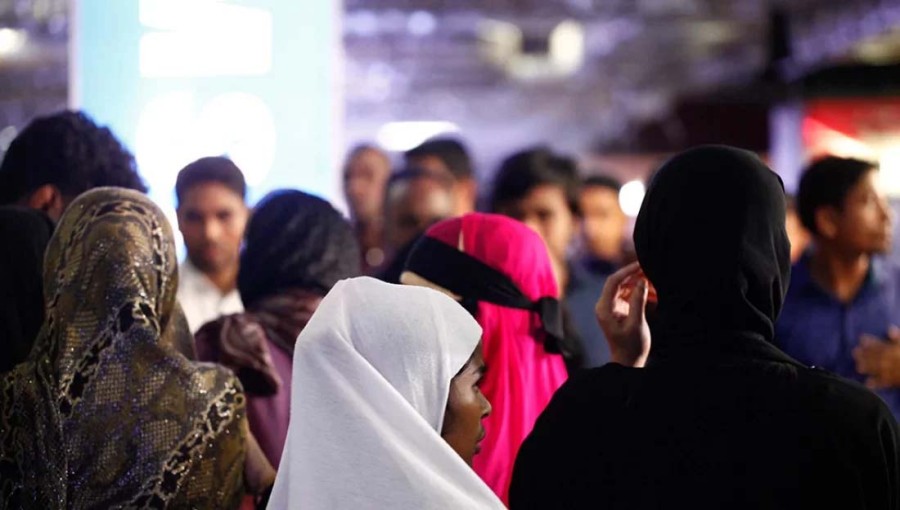
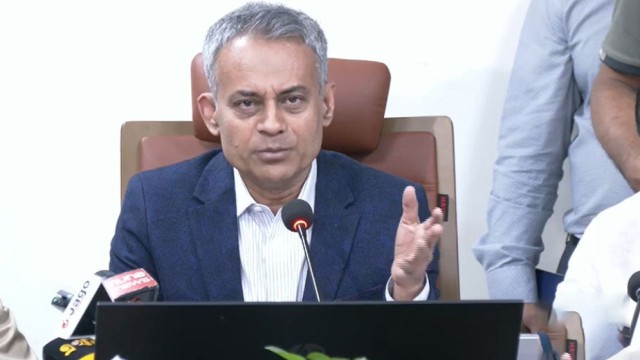

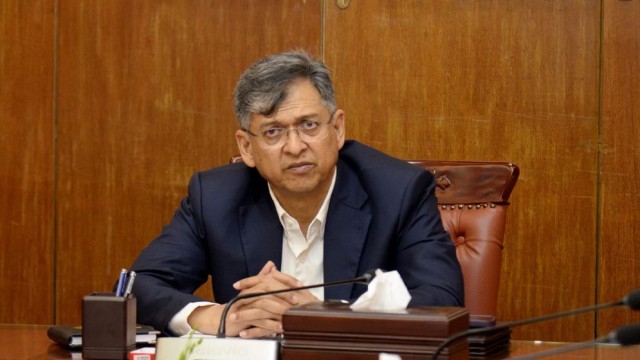



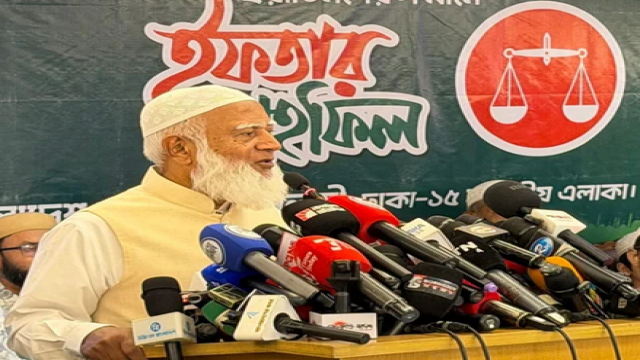
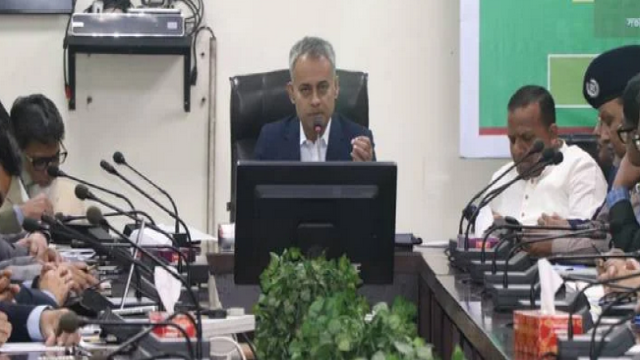




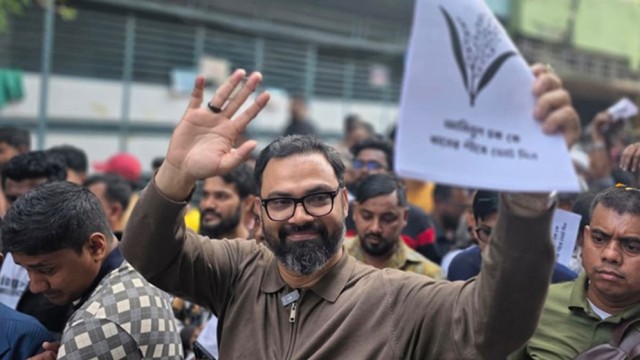
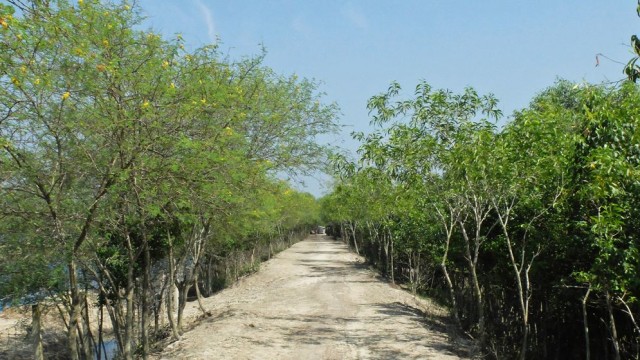










Comment: